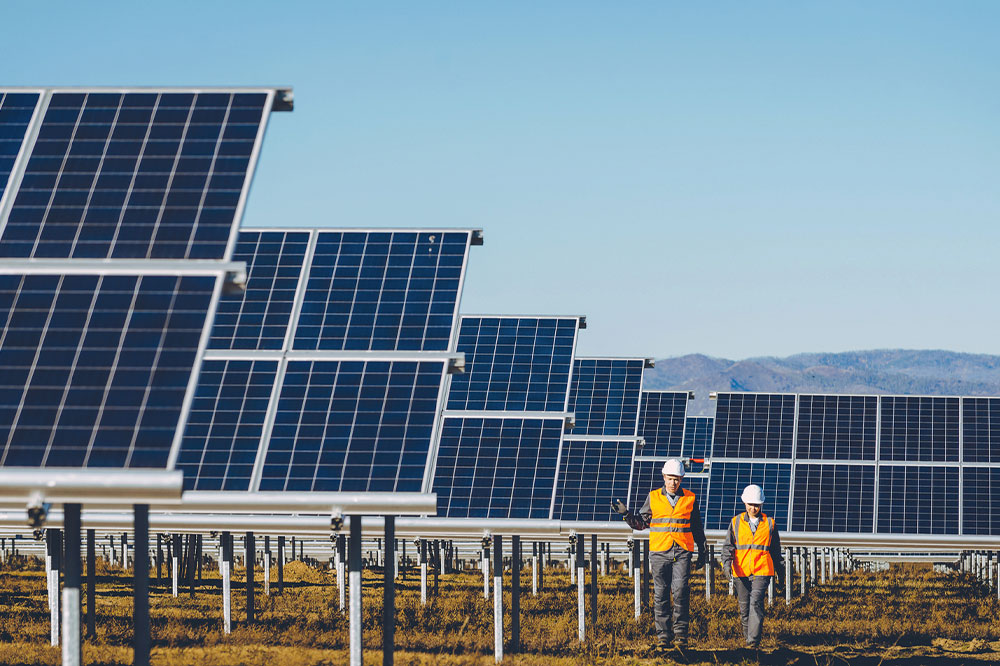Common mistakes to avoid when operating a power station

Running a power plant is a huge responsibility as it involves catering to the safety of people working there and catering to a whole population and set of industries that depend on the power plant. With such a job comes enormous responsibility, and some common challenges arise in such a field of work. Here are some things to remember when operating a power plant and how to stay on top of things.
Getting complacent
The health and safety of the staff are of utmost importance in a power plant. While there is always training provided to the workforce about safety regulations, it is the employer’s responsibility to ensure the work environment is hazardous-free and safe. However, getting complacent with procedures can be a mistake many managers might make. Always keep updated with safety protocols and perform regular inspections and safety drills to ensure no mishaps.
No cybersecurity
Cybercrime and attacks are a real threat to big industries, and a power station that provides resources to the whole city or state can risk getting hacked. Ensure the operational technology is tested thoroughly and certified to run such a big operation. A cyber attack on a power plant can potentially affect thousands of people, compromising their safety.
Power outages
This can happen for several reasons, like worn-out power lines, weather, or other disruptive factors. These power outages affect millions of people and all industries, so it is always better to have a plan B in these emergencies. Experts suggest that backup sources like charged-up batteries should be utilized for short periods during these outages. This can ensure continuous operation while the problem is being fixed.
Grid upkeep
When a power plant is made, there is an objective and result in mind. However, with time, the power plant may take up more and more load to cater to the increasing demand and population. Therefore, it is essential to do regular and thorough checks to keep the grid updated and modernized to keep up with the demand. For example, charting out some yearly or five-year plans for the upkeep of the grid may help regularize this procedure. Once it is part of the protocol, it will ensure continuous and regular improvement.



